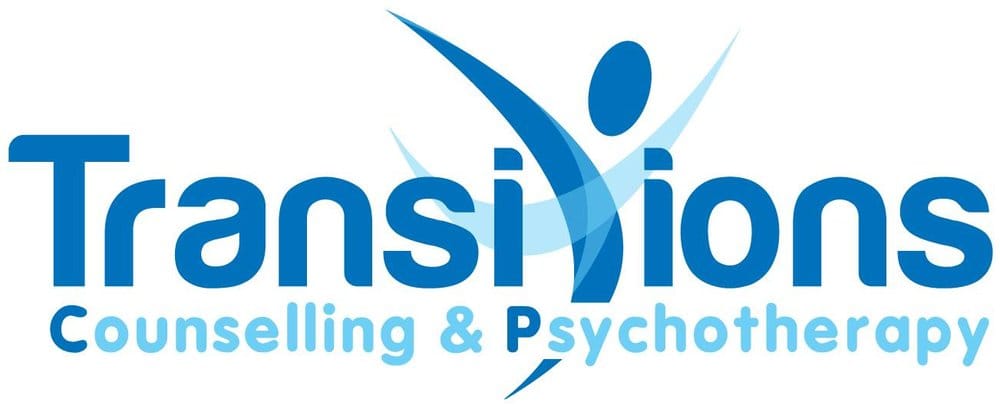Anxiety Disorders
Anxiety disorders are the most common mental health illness that affect everyone. Anxiety disorders may be influenced by genetics, brain chemistry, personality, and life events.
Anxiety disorders are highly treatable however only a small percentage of those suffering from an anxiety disorder will seek treatment. Usually this is because the individual does not see the illness affecting them and mistakenly blames themselves for their problems.
There are a few different types of Anxiety disorders:
Generalized Anxiety Disorder is characterized by excessive, unrealistic worry that lasts six months or more; the anxiety may focus on issues such as health, money, or career. Symptoms include trembling, muscular aches, insomnia, abdominal upsets, dizziness, and irritability.
Obsessive-Compulsive Disorder can cause persistent, recurring thoughts/obsessions that exaggerate anxiety or fears like worry about being contaminated or fears of behaving improperly. The obsessions may lead an individual to perform rituals/compulsions, such as washing hands, repeating phrases or hoarding-to relieve the anxiety caused by the obsession.
Panic Disorder is a spike of high anxiety physical symptoms which may make people feel like they are having a heart attack or are going crazy for no apparent reason. Symptoms include heart palpitations, chest pain or discomfort, sweating, trembling, tingling sensations, feeling of choking, fear of dying, fear of losing control, and feelings of unreality.
Social Anxiety Disorder or Social Phobia is characterized by anxiety about being judged by others or behaving in a way that might cause embarrassment or ridicule. This intense anxiety may lead to avoiding people or social situations.
People with Phobias suffer from an intense fear reaction to a specific object or situation like spiders, elevators or planes and the level of fear is usually either exaggerated to the situation or recognized by the sufferer as being irrational. This inordinate fear can lead to the avoidance of common, everyday situations.
Anxiety disorders are highly treatable with both psychotherapy and medication.
Contact Mark Giesbrecht today to learn skills to overcome anxiety.

